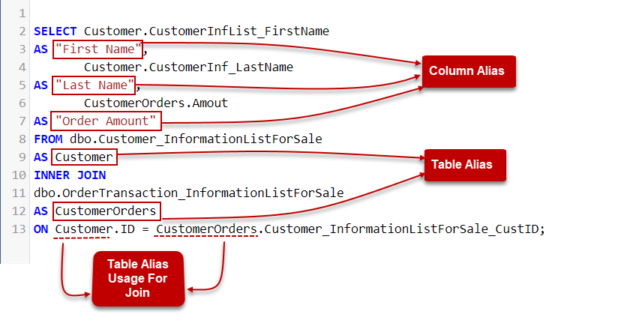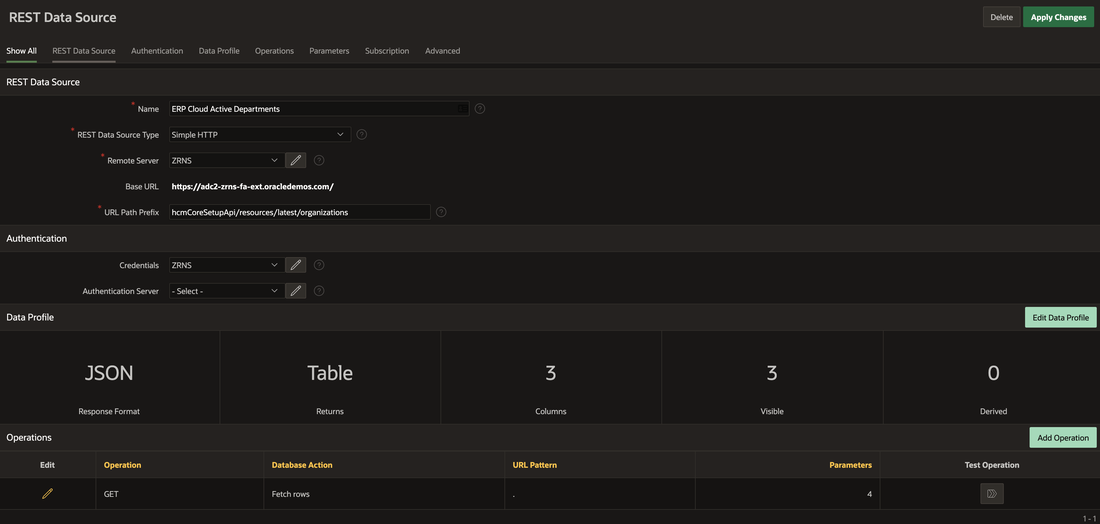

In those situations, you can create a column aliases for the columns that need to exposed. For example, if the import file contains a department name for the DEPTNO column but the upload table requires a number for that column, use a table lookup rule to find the corresponding department number for that department name in another table.Ĭolumn Name Aliases - There are many situations when a developer does not wish to expose the table column names to the end user, or to expose all columns to the end user. Table Lookups - If data existing in the import file must be mapped to data in another table, specify a table lookup to perform the mapping. For example, if the import file includes column data with both upper and lowercase and the upload table requires all uppercase, you can define a data transformation rule to insert only uppercase into the target column. Table Definitions - This definition specifies the data upload table name with its unique key columns.ĭata Transformation Rules - For formatting transformations such as changing import data to uppercase, lowercase, and so on, you must define data transformation rules. The Data Load Wizard includes support for the following: Tools like Oracle SQL Developer and Oracle SQL*Loader are better suited to loading large volumes of data. While it is possible to use a Data Load Wizard to load this high volume of data, you may encounter performance issues with both transmitting and loading large data files.

A Data Load Wizard is not designed or intended to load hundreds of thousands of rows of data.


 0 kommentar(er)
0 kommentar(er)
